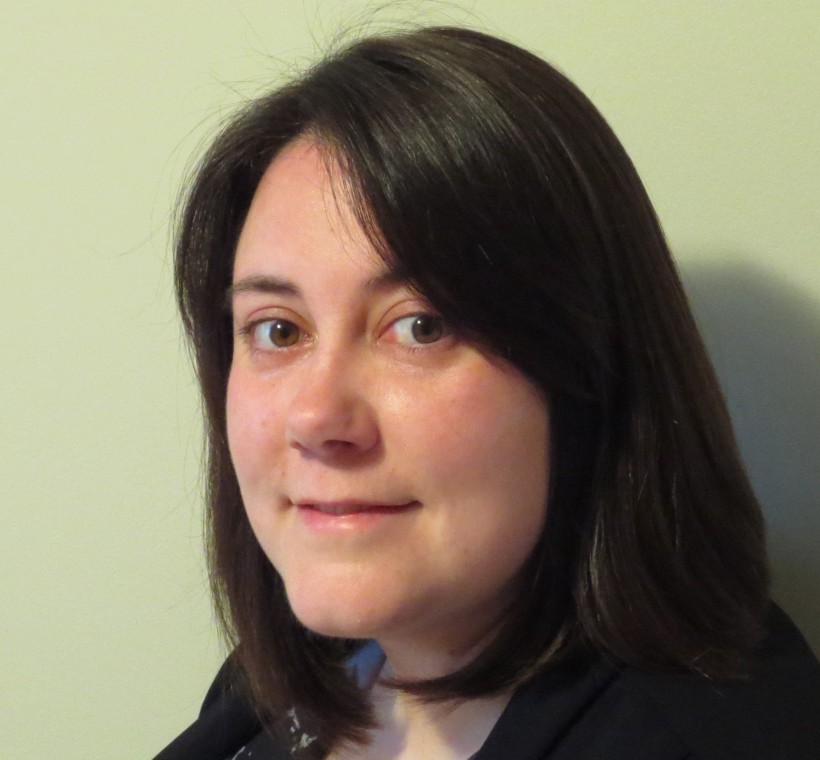The need for Atlantic Canadian businesses to increase sales, particularly global sales, is a hot subject. With that in mind, technical industry association Digital Nova Scotia is piloting a sales development program in Halifax for small to medium-sized businesses.
The program aims to help participants focus on issues such as generating cash flow, attracting investment, developing strategic partners, accelerating sales, and building professional networks.
“Sales is definitely a pain-point in our sector,” said Emily Boucher, Director of Marketing and Research at Digital Nova Scotia.
“We’re trying to help fill the gaps we can for the startups and SMEs (small to medium-sized businesses) among our members.”
Boucher said the new pilot program, titled Navigating New Channels: ICT Sales Strategy Bootcamp, teaches participants to consider five key questions associated with channel development.
UNBSJ Offers Sales Course for MBA Students
These are: Who are the influencers that can have the greatest impact on your business? Where will you find them? How will you leverage them to gain the biggest reach with the least effort? What trends are you uncovering that impact your plan? What can be improved this week?
“Our program is about executing,” Boucher said. “The focus is on the participants themselves using their own companies as case studies.”
The program is led by John Robertson, of business development company inspiredEggs Ventures. Participation is capped at five people, to enable frank discussions and peer-to-peer learning.
The participants in the pilot are varied in age, expertise and experience. Companies include: Bitness, a location analytics platform for retail outlets; PowerWHYS, which helps renovators eliminate energy waste through predictive analytics; Dadavan Systems, an established software company with a new product; VidSnippets, a company that allows clients to share videos, and a law firm that’s developing a digital platform.
Boucher said the diversity of businesses is useful as it offers different perspectives.
The 25-week program began in mid-July, and requires a commitment of two-four hours a week. Learning is not classroom-based, location and times vary to suit participants. Occasionally, some participate remotely.
To be eligible, participants must understand how their product or service could disrupt the market. They must be able to pitch their company, and, where relevant, they must have an minimum viable product with prototype or modeling, and have a budget for business development.
Teaching the Rewards of a Sales Career
Program funding is currently provided through the Workplace Innovation and Productivity Skills Incentive, or WIPSI, program.
“The main thing is, as a community we need to identify how to better support companies in sales,” Boucher said.
If the pilot goes well, the program will be continued.
“We are building a waiting list of companies,” Boucher added. “We’d eventually like to see the program with John expand outside Halifax with support from our partners. This model may also help us develop other programs that offer more flexibility for participants.”










